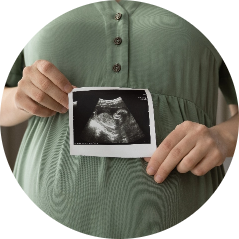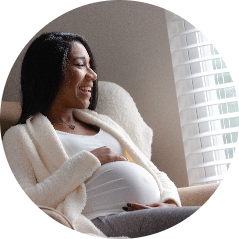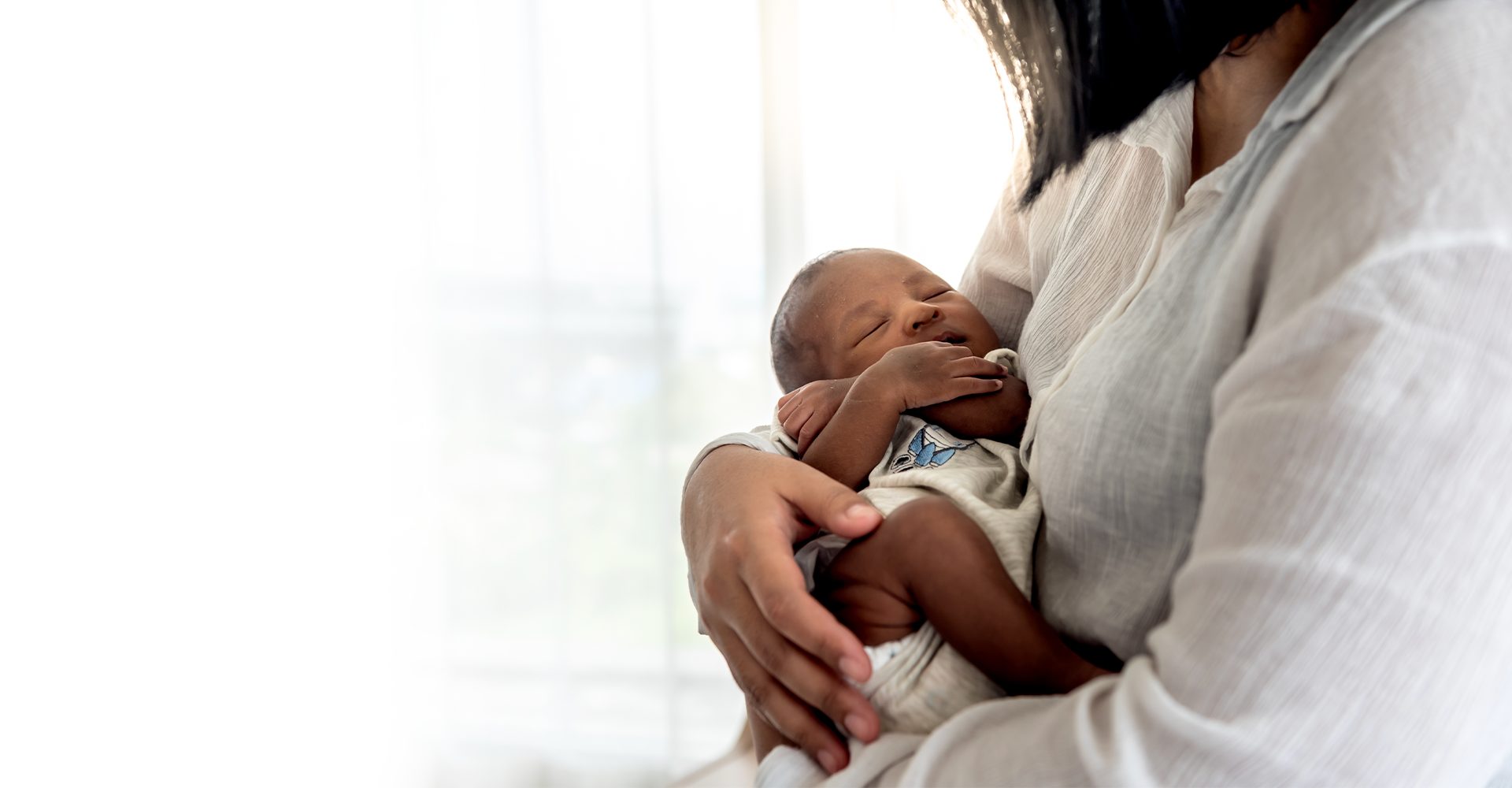Making Pregnancy Centers Known.



Most women considering abortion feel they have “no choice.” But when they are connected with a Pregnancy Medical Center, around 80% will choose life after seeing their child on an ultrasound. Pregnancy Medical Centers save precious lives.
Vision for Life makes those Pregnancy Medical Centers known.

The Challenge
Reaching women considering abortion has grown more difficult. She is searching online and is seeking answers in a medium that is hostile toward a life-affirming message.
Pregnancy Medical Centers need experts in the marketplace who know how to reach this audience within a very short timeframe. These services are expensive and complex.
Our Approach
“Our Mission is Making Pregnancy Medical Centers Known!”


The Results












